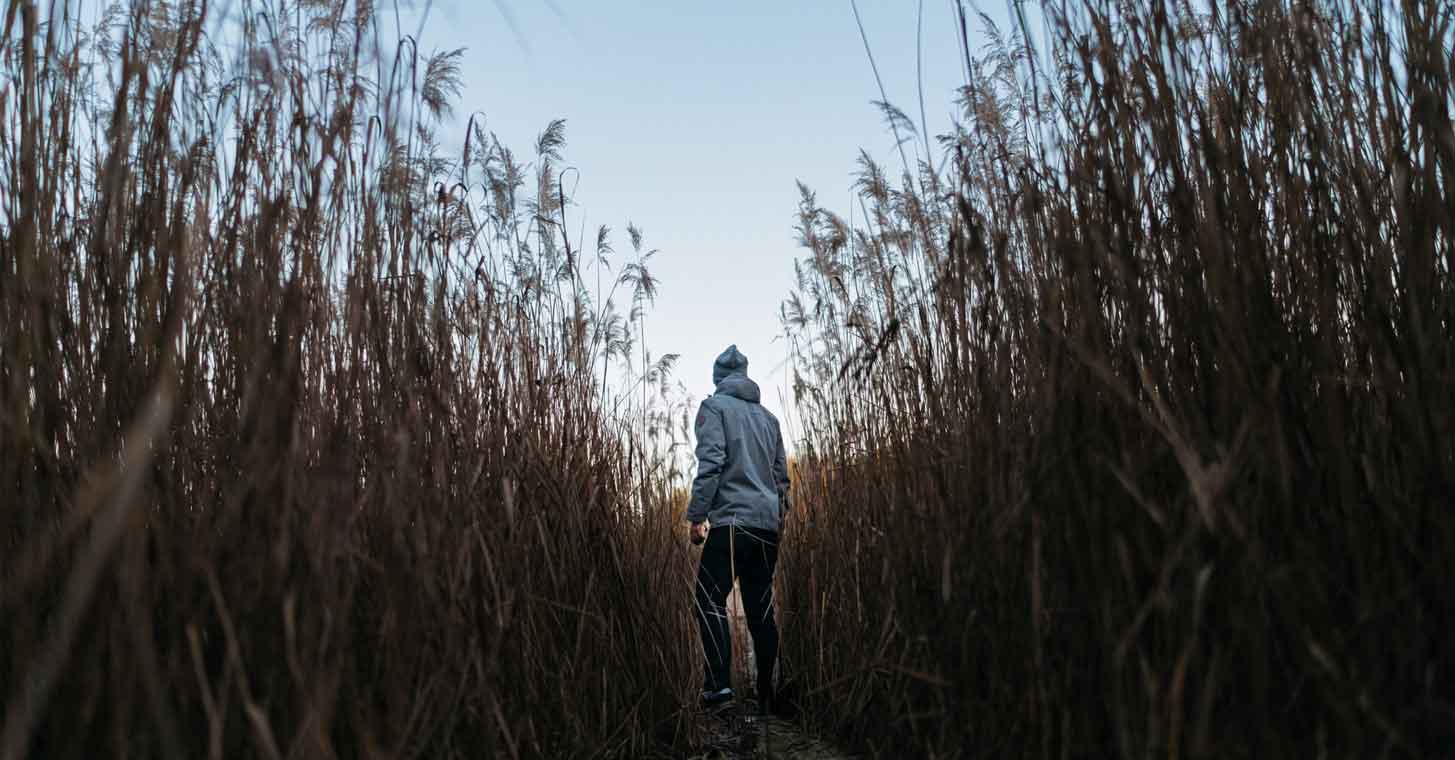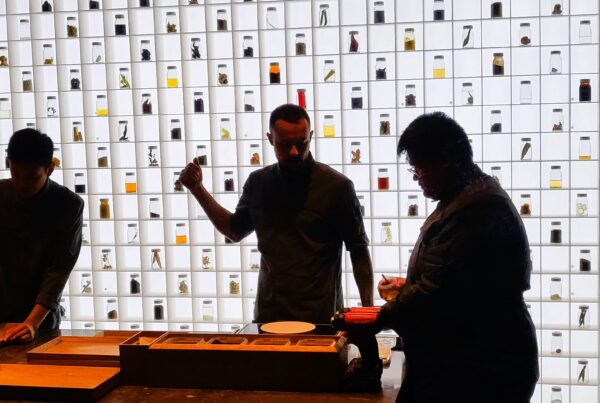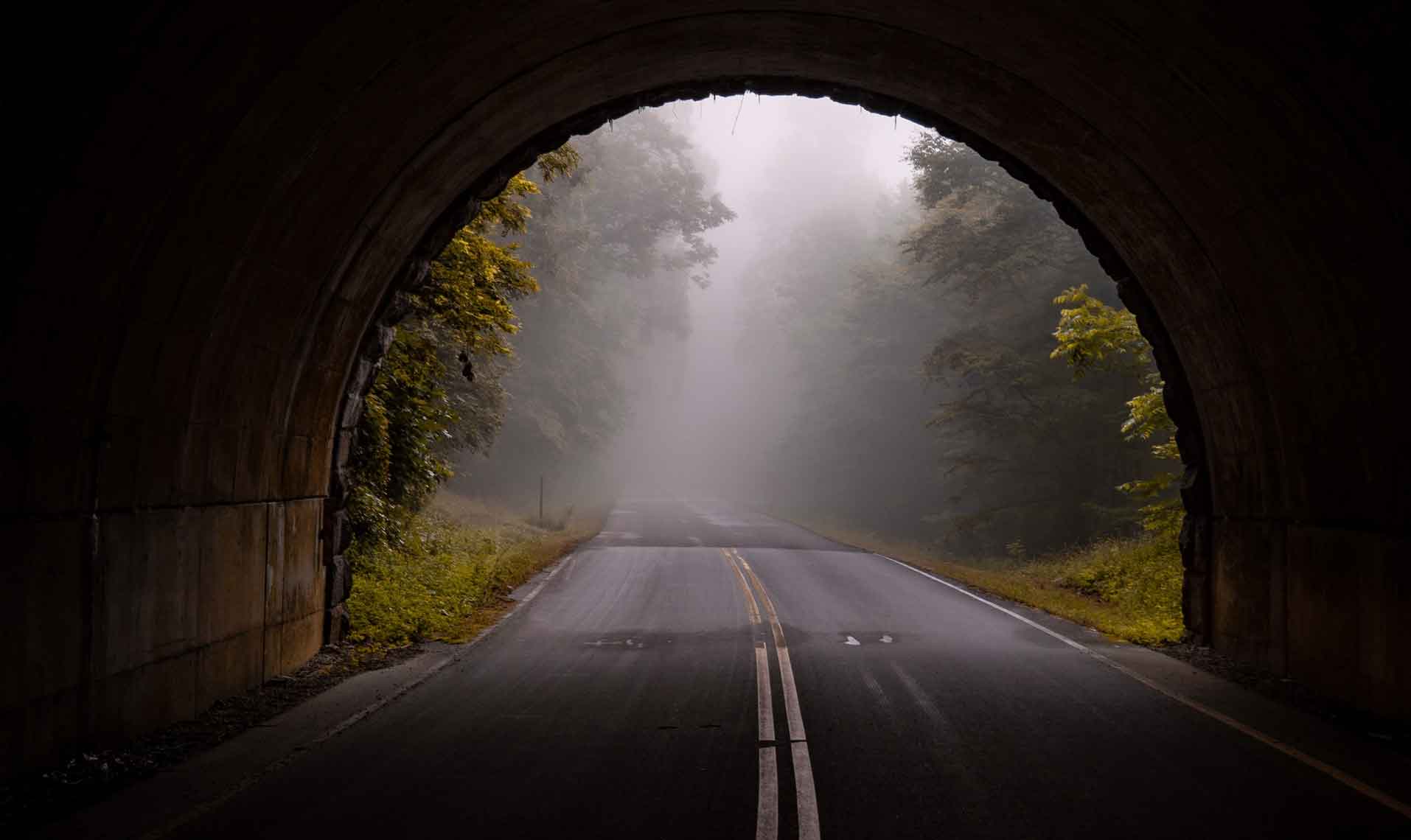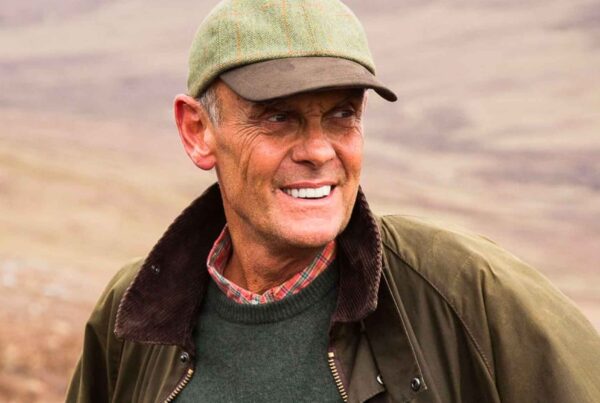Emerging with Strength & Consideration
As we continue to ask ourselves what is it that we are consciously creating our experience of life to be in the midst of our current circumstances?
By Kay Sexton, Contributor
We are seeking the changes that have been for the better
And being present to the rhythms and structures we’ve created for ourselves personally and professionally to take care of our wellbeing.
In a post-pandemic life, we can adopt new habits and we can cherish our most meaningful moments and experiences in life.
With a monumental year behind the world, lots of its impact is still felt everyday by many people. The internet is full of memes about 2020, including the one that claims future generations will use ‘2020’ as a description of the most particular experience many have had. With a new year ahead of us, what are we creating for ourselves and the times ahead?
We chose the term ‘emerging’ for a reason. We’ve all done a lot of emerging since the pandemic hit: from quarantines, from local lockdowns, from sheltering in place… and its meaning is significant. To emerge is ‘to rise from or out of something that surrounds, covers, or conceals; come forth; appear, as from concealment’ and it comes from the Latin emergere ‘to bring forth, bring to light’.
So what has 2020 brought to light? Dave Hollis, CEO of Hollis Co and international life coach, recently said “In the rush to return to normal, use this time to consider which parts of normal are worth rushing back to.” It is an important point, when it comes from somebody experiencing exactly the kind of difficulty we expect successful life coaches not to suffer from.

Image credit: Simon Migaj
As we’re all in this collective global experience together, the question that comes to mind is what is it worth rushing back to? And what has been brought into the light?
Travel, Table, Team Sports!
For most of us, at least one of these three has become a craving. Hitting the road (or the departure gate), eating out, or getting back into our preferred sport as a player or spectator – that’s what we are simply counting the days for. But people have also developed a new and different appreciation for their favourite things. Travel is likely to be more local and slower for many of us, especially as whole countries move in and out of quarantine.
Our eating habits have changed too, with one in five Britons eating less meat during the pandemic and 41% of Americans eating more protein from plant-based sources. And perhaps the biggest gainer so far is the outdoor leisure industry, with novice runners, cyclists and open water swimmers emerging from their gyms to find a way to exercise in the open air. Of course we’ve all struggled. For some, it’s been the tough economic challenges or income loss.
For many, it’s the emotional devastation of not being able to spend time with loved ones or the creeping anxiety of fearing that the world will never be the same again. Virtually no-one has been unaffected. Few people still alive have lived through anything like this before, and that was a century ago, with the end of World War I and the Spanish Flu epidemic. We’re better resourced, better connected and at the very least, better informed about the progress of our particular pandemic… but that doesn’t make it any easier.
Will we settle for less or demand more?
Some of us already know our old jobs, homes or relationships aren’t going to work for us in the long-term, but what we do about that isn’t yet clear. Post-pandemic life will contain uncertainty for a considerable period, and we will never again believe that it can’t happen to us. Rob Hopkins, author of ‘From What Is to What If’ champions the collective imagination and through his observations on human behaviour transformation writes: “Emerging at the other end, we will not be the same as we were; we will have become more humble, more connected to the natural world, fitter, leaner, more skilled and, ultimately, wiser”.
“Emerging at the other end, we will not be the same as we were; we will have become more humble, more connected to the natural world, fitter, leaner, more skilled and, ultimately, wiser...”
Rob HopkinsBritish writer & environmental activist
Adjustment & Emergence
If we can accept that uncertainty is our future, we may be better equipped to face the year ahead. Fear and anxiety operate differently for different people – some will rush to restore their previous lives, others will approach each new opportunity with concern and suspicion. We will all have losses – some obvious, some intangible – and recognising each other’s griefs will be important to restoring life. Feeding our senses will help us emerge into the post-pandemic world: that’s why so many of us have found solace in nature, but a wonderful piece of music works as well as a waterfall and learning a new skill may be as nurturing as exploring a new destination.
.
Small steps help us emerge. Few of us like walking into a crowded room, even if we seem confident about our ‘entrance’, so easing ourselves into 2021 can be a benign process. It begins with respecting ourselves and others and recognising that stepping off the treadmill of life might have been forced on us, but that we can benefit from it. It continues as we choose to reject the Corona-Coaster in favour of meaningful experiences no matter how simple, and it concludes as we allow ourselves to emerge, altered but resilient, into a future that contains many positives, not least that we’ve been given a chance to change.

Satopia is a global community of inspirational people empowering humanity with passion and purpose.
READ NEXT









